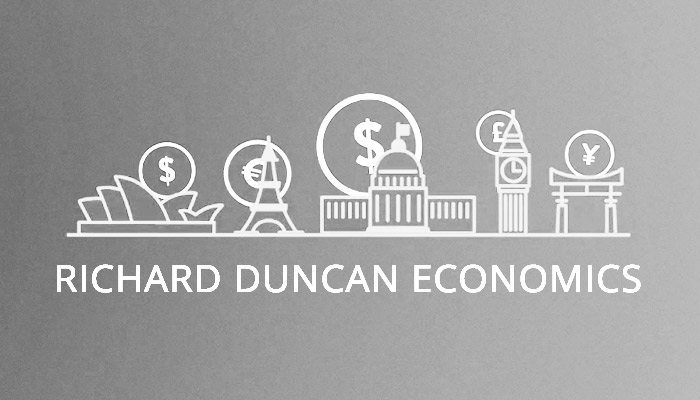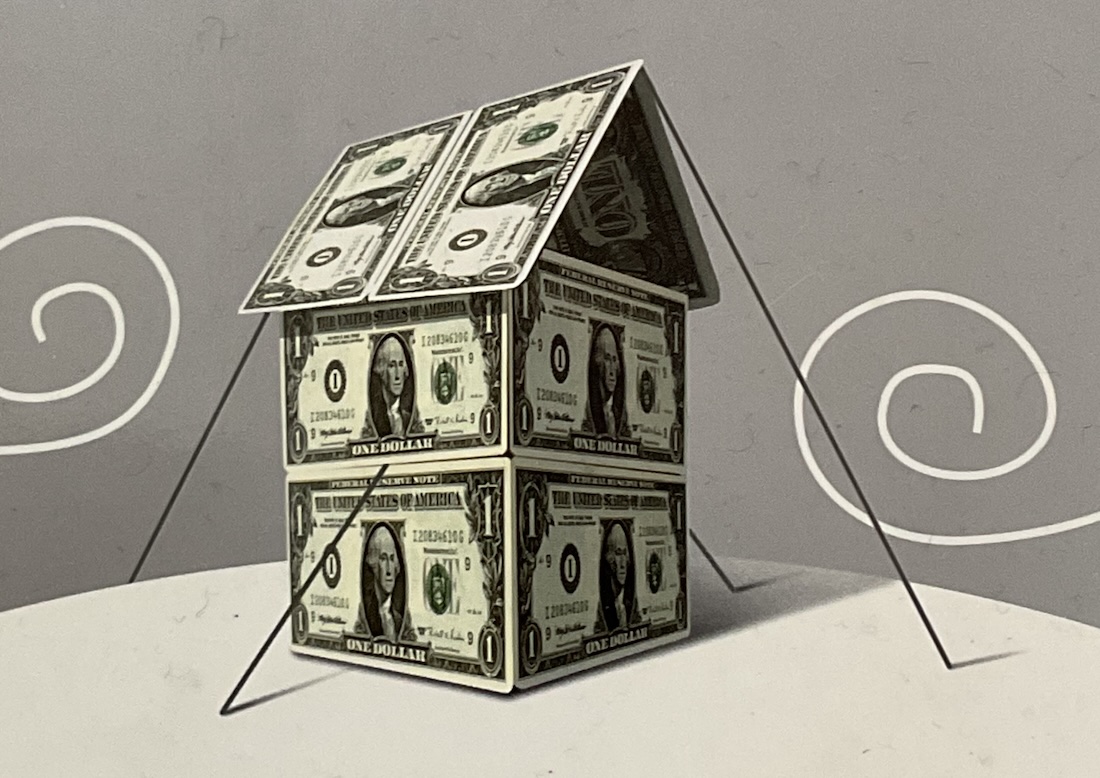How Strong Is The US Economic Recovery?

Posted September 9, 2014
A new Macro Watch video has been uploaded and is now ready to watch.
Judging from most press reports, it would be easy to form the impression that the US economy is booming. It’s not.
This video presents a balanced assessment of the health of the US economy.
After $6 trillion of budget deficits, 0% Federal Funds Rates for nearly six years, $3.5 trillion of fiat money creation by the Fed and a $25 trillion increase in Household Sector Net Worth (thanks to QE), employment is barely higher now than it was in 2007 and GDP growth remains weak.
If you believe that the Fed will soon begin to increase interest rates, you need to watch this video, download the accompanying charts and think again.
If you have not yet subscribed to Macro Watch, click on this link:
http://richardduncaneconomics.com/product/macro-watch/
Hit the “Sign Up Now” button.
For a 33% discount, use the coupon code: qe


Thanks Richard, I like the full spectrum analysis of the entire economy. It gives me a great perspective. Thank you for your analysis. I have a few questions.
How do you think European easing will affect the US economy and asset prices?
Why are funds moving into bonds. Is this smart money moving to safety?
Thanks for the questions. So far, the measures taken by the European Central Bank have not been effective in boosting the European economy. Eventually, they might be. We will have to wait and see about that. However, those measures have caused the Euro to weaken by about 4% against the US dollar (so far). That will make European exporters more competitive (which should help Europe’s economy), but it will make US exporters less competitive (which will hurt the US economy somewhat). So, in the end, it will be a question of whether the European economy recovers enough to boost European demand for US goods more than the depreciating Euro hurts US exports. The verdict is still out. So far, nothing very significant has happened either way as the result of these measures.
As for the second question regarding bonds, there was a great deal of excess liquidity during the second quarter. That pushed up bond prices and drove down yields in the US. (Please see the Macro Watch videos on the Fed and Liquidity.) Elsewhere around the world, the economic data has been pretty terrible, so yields have been falling in the expectation of looser monetary policy (esp. in Japan and Europe) and also because, with the global economy so weak, there are not very many other profitable investment opportunities available.
Richard
Excellent analysis, as usual.
I addition to the reverse repos you previously mentioned in June (with credit to Casey Research), I am thinking that the latest war cycle (as announced yesterday by President Obama) will further help mop up excess liquidity by increasing the deficit without much push-back from the House. Might war be one of the few policy moves the Administration can take outside of the FED right now? Would this be worthy of an adjustment to your deficit projections in your ongoing liquidity analysis?
Thanks James.
A big war that involved borrowing and spending a lot of money would stimulate the US economy. (Of course, I am not recommending war.) But, so far, I understand that the President is only asking for US$500 million. That is not enough to have an impact on the economy. I don’t believe this Administration will involve the US in a big war.